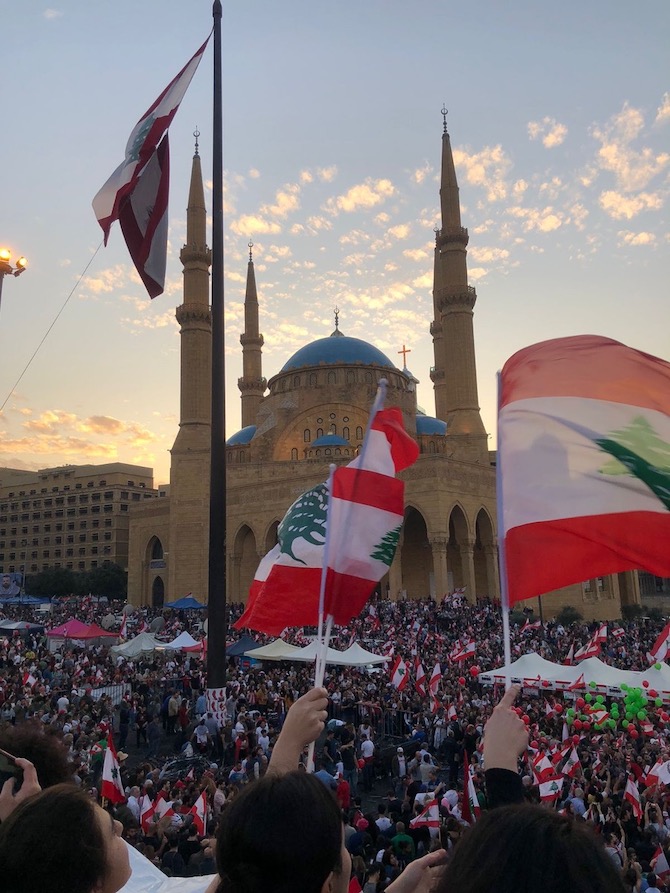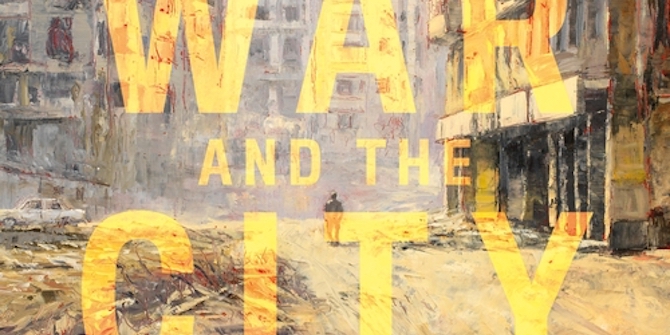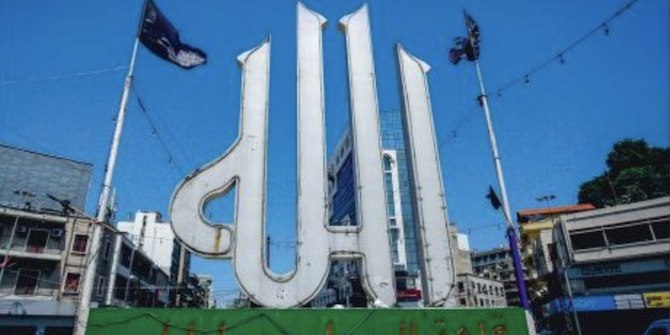by Maria El Sammak

Several years after popular protests swept Lebanon back in 2019, uniting thousands of protesters under anti-establishment slogans condemning the sectarian political system, widespread corruption, unemployment and dire socioeconomic conditions, the effect and impact of the protest movement is still contested.
The protest movement was a breeding ground for many newly established, emerging political movements – several of which went on to become officially registered parties – and some saw the performance of these groups during the 15 May 2022 parliamentary elections as an indicator of the protest movement’s success. While the reformists were able to garner 13 seats in Parliament, it is still difficult to conflate or even quantify the success of the protests with the number of parliamentary seats won, only three years after the popular uprising. Now, in the aftermath of the elections, it is still unclear whether the reformists will be able to create one parliamentary bloc – establishing a coordination structure to try to ensure they vote in line on core issues and portraying a unified front in the face of the establishment.
As part of our Middle East Centre collaboration project with the American University of Beirut, we conducted interviews with several founding members of prominent emerging groups. During these interviews, we found that there are indeed diverse approaches and opinions with regards to bringing about political change in Lebanon. With that being said, these groups still share common elements of a joint vision for the future, including demands for an independent judiciary, accountability for the 4 August 2020 Beirut Port explosion, implementing administrative decentralisation, transitioning into a secular state, adopting a unified personal status law, calls for civil marriage, and so forth. Despite these commonalities and the overarching theme that unites them – their battle against the current political establishment – these groups are still deeply polarised. This was especially apparent when efforts to form a single opposition alliance in preparation for the elections essentially failed. Concretely and on the ground, opposition groups were ultimately competing for votes, running against one another in different lists.
As uncertainty spikes around the performance of the newly elected reformists in Parliament, especially in the midst of an expected political impasse ahead of imminent constitutional milestones, including assigning a new prime minister, cabinet formation, and presidential elections, it is important to remember that Parliament is not the only battleground available to these reformists. Indeed, members of emerging political groups have asserted their need to confront the existing establishment in every political avenue available, including labour unions, universities and municipalities, ensuring that the elites’ political narrative is not only challenged but overhauled completely to make room for a different way of imagining political life in Lebanon. For some, this was indeed one of the more significant outcomes of the 2019 protests – that is, the ability to imagine an alternative to the existing political system, beyond sectarian and confessional sentiments and affiliations, the ability to imagine an alternative to those who have been in power since the 1990s and the consequent ability to then challenge the notion of the regime’s resilience altogether. As many political activists interviewed rightly stated, we cannot undermine the power of the elites’ narrative in rallying popular support. Thus, the struggle quickly becomes a battle of narratives, and it becomes imperative for these emerging groups to confront the elites’ discourse – one that thrives on patronage networks, clientelism and the weakness of the state and its institutions – with one that is focused on nation building, citizenship and citizen-centred policies. For the Lebanese who still support sectarian leaders, the emerging political groups seek to appeal to them by touching upon issues that affect their livelihoods, including healthcare, education and job opportunities, and demonstrate how each of these could be accessible to them as Lebanese citizens, rather than representatives of their individual sects. It thus becomes increasingly important to highlight their sectarian leaders’ roles as the gatekeepers of these fundamental foundations, thereby countering the widespread narrative that they are the sole guarantors and providers of their basic rights.
Aside from this, the original protestors also made very political demands, including for accountability and transparency within government institutions, an overhaul of the existing political system, the resignation of the government and the holding of early elections. In the opinions of many of the same political activists interviewed, this was another significant outcome of the 2019 protests. The conversation was reverted to political and economic issues and – as one interviewee ultimately put it – people were finally ready to start having real political conversations. Moreover, the stigma surrounding traditional affiliations dissolved as people regained agency over their involvement in the political sphere. Belonging to political parties is now no longer frowned upon or given negative connotations as activists who swarmed the streets in 2019 came to the realisation that they cannot bring about real change in the absence of organised structures. For some emerging parties, this realisation came in the wake of the 4 August explosion, a breaking point for many Lebanese who later championed determining accountability for the blast as a main pillar of their programs.
Amid the rising expectations to deliver on their promises as alternatives, the possibility of shifting the balance of power in favour of the emerging political movements in Parliament is still remote. Even in the case of political activists engaged on the ground for years, it remains a challenge for them to learn the parliamentary game, especially when a real political opposition – one capable of creating such a critical mass – was not only discouraged in Lebanon, but virtually unheard of prior to the 2019 protests and essentially repressed. Perhaps one of the most important lessons of the 2019 protests – and what came after that historical moment – is that change cannot happen overnight. Countering the ruling elites’ narrative will continue to be an everyday struggle for those who champion a vision for true citizenship and state building in Lebanon.
This blog post is part of the research project Consociationalism and Civil Resistance in Lebanon, which is in collaboration with the American University of Beirut and part of the LSE Middle East Centre Academic Collaboration with Arab Universities Programme. Maria El Sammak is the Research Assistant on this project.







Thank you, Maria! A well-balanced piece for the everyday debates on whether the uprisings were effective or not. Many critical of the uprisings or disappointed in the speed of change will quickly ask, “What happened to the thawra? Nothing. It’s gone.” But this essay argues well that the thawra (revolution) takes different shapes, not only street protests; and takes time. Yes, the momentum is still there and continues to branch off in many directions with professionals in the field now empowered as activists as well.
Amazing Maria!